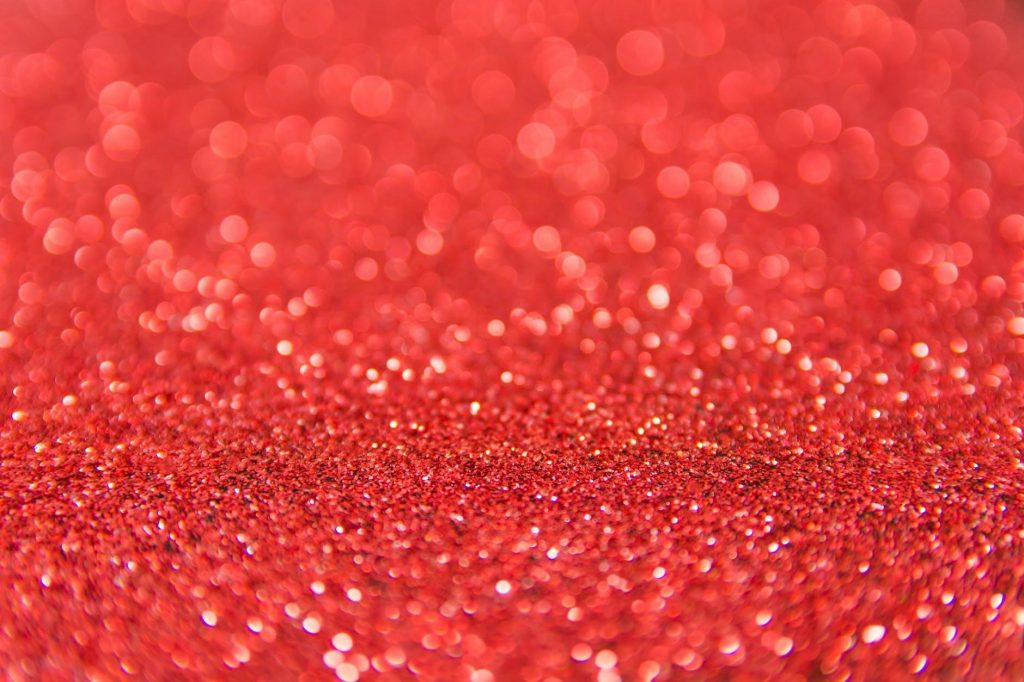

Blood. It has so many references, so many symbolisms. If there’s one thing that’s common among all people, regardless of culture, socioeconomic status, and every possible point of difference that you can think of, it’s the fact that we all run on blood.
It’s literally our lifeforce and it’s also a powerful symbol for so many societal issues.
Violence, life, anger, sanguinity, royalty, all these are things that blood has long been used to symbolize and it’s been used so many times to express something of great importance.
Well, thanks to modern technology, we’re now able to read more into what our blood could say about us. And no, I’m not talking about a hidden message in blood in a conspiracy theory-like manner. Your blood can indeed be a telltale of what medical implications you might have.
And well, of course, it’s first necessary to have your blood analyzed by a reputable material analysis company. They will offer X-ray diffraction and analysis lab testing services and they also provide thermal and high-resolution imaging. And, of course, chemical analysis, which is also how our blood type is determined.
So, what exactly does your blood type tell about you?
Well, naturally, there are always trade-offs.
Blood Type A
Those who have type A blood enjoy the perk of being less of a mosquito magnet versus other blood types. They are, however, 20% more likely to develop stomach cancer versus those with type O and type B blood. Those who have Type A blood also suffer from a 5% increased risk of heart diseases versus those with blood type O.
Blood Type B
People who have type B blood have about 50,000 more strains of good bacteria in their body versus Type A and Type O blood types. This means that those people who have blood type B have healthier gastrointestinal tracts. The tradeoff here comes in the fact that women with blood types A and AB have a higher risk of ovarian cancer. Regardless of gender, people who have this blood type also have an 11% higher chance of heart disease versus those who have Type O blood.
Blood Type AB
This particular blood type is considered to be the universal plasma donor. Which definitely comes in handy when there’s a need for it. However, pregnant women who have this blood type are more likely to develop preeclampsia and are also 23% more likely to develop heart disease than those who have blood type O.
Blood Type O
People who have blood type O are able to donate red blood cells to anyone, including those who have different blood types. Not only that, but they also have a lower risk of getting pancreatic cancer. They are also less likely to die from malaria.
The tradeoffs? Well, people who have this blood type are more likely to get ulcers and they’re also more likely to rupture an Achilles tendon. But, worst of all, especially in tropical areas, mosquitoes are incredibly attracted to people with this particular blood type.
